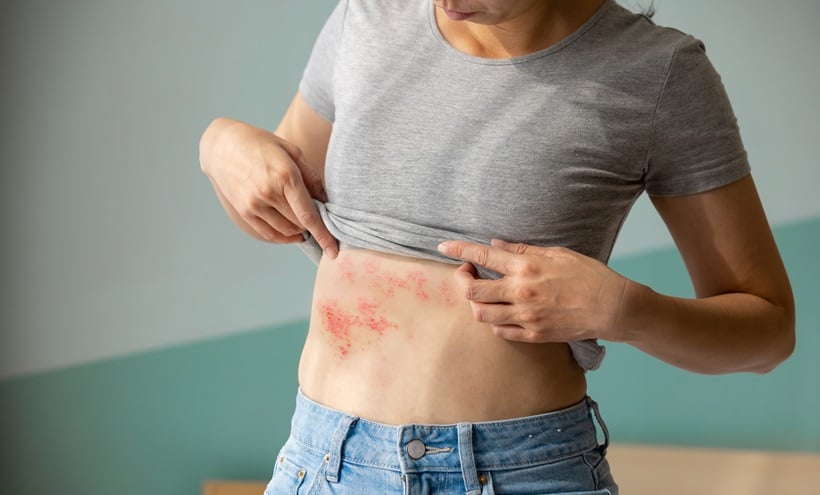PATIENTS with pemphigus who received an additional rituximab infusion at 6 months, based on relapse predictors, had a significantly reduced relapse rate at 1 year, a new study found.
Pemphigus is a rare autoimmune blistering disorder that can be effectively treated with rituximab, but relapse remains a challenge. In the RITUX 3 trial, 20% of patients experienced disease recurrence within the first year, highlighting the need for optimised treatment strategies. This study investigated whether an additional rituximab infusion at 6 months could prevent relapse in patients who had achieved complete remission but exhibited one or more predictors of relapse, such as high Pemphigus Disease Area Index (PDAI) score of 45 or higher, desmoglein 1 (DSG1) antibodies greater than 20 IU/mL, and/or DSG3 antibodies greater than 130 IU/mL.
A multicentre cohort study in France followed 87 patients with newly diagnosed pemphigus who had initially responded to the standard RITUX 3 regimen. Of these, 77 patients achieved complete remission at six months, with 30 showing predictors of relapse and receiving an additional infusion of rituximab. By month 12, only two patients (2.6%) relapsed, and the number needed to treat to prevent one relapse was 3.6. In contrast, none of the patients who received the additional infusion experienced relapse, while two patients who did not have relapse predictors did. At 1 year, 93.5% of patients in remission at 6 months remained off corticosteroid therapy for at least 2 months. Serious adverse effects were reported in five patients, but no deaths occurred.
These findings suggest that using early predictors to guide additional rituximab treatment can improve long-term disease control and reduce relapse rates in pemphigus. Clinicians may consider incorporating these risk-based treatment modifications into practice to maintain remission and minimise corticosteroid use. Future research should explore the long-term efficacy and safety of this approach to refine treatment protocols further.
Jenna Lorge, EMJ
Reference
Hébert V et al. Optimizing pemphigus management with rituximab and short-term relapse predictors. JAMA Dermatol. 2025;DOI:10.1001/jamadermatol.2024.6130.







